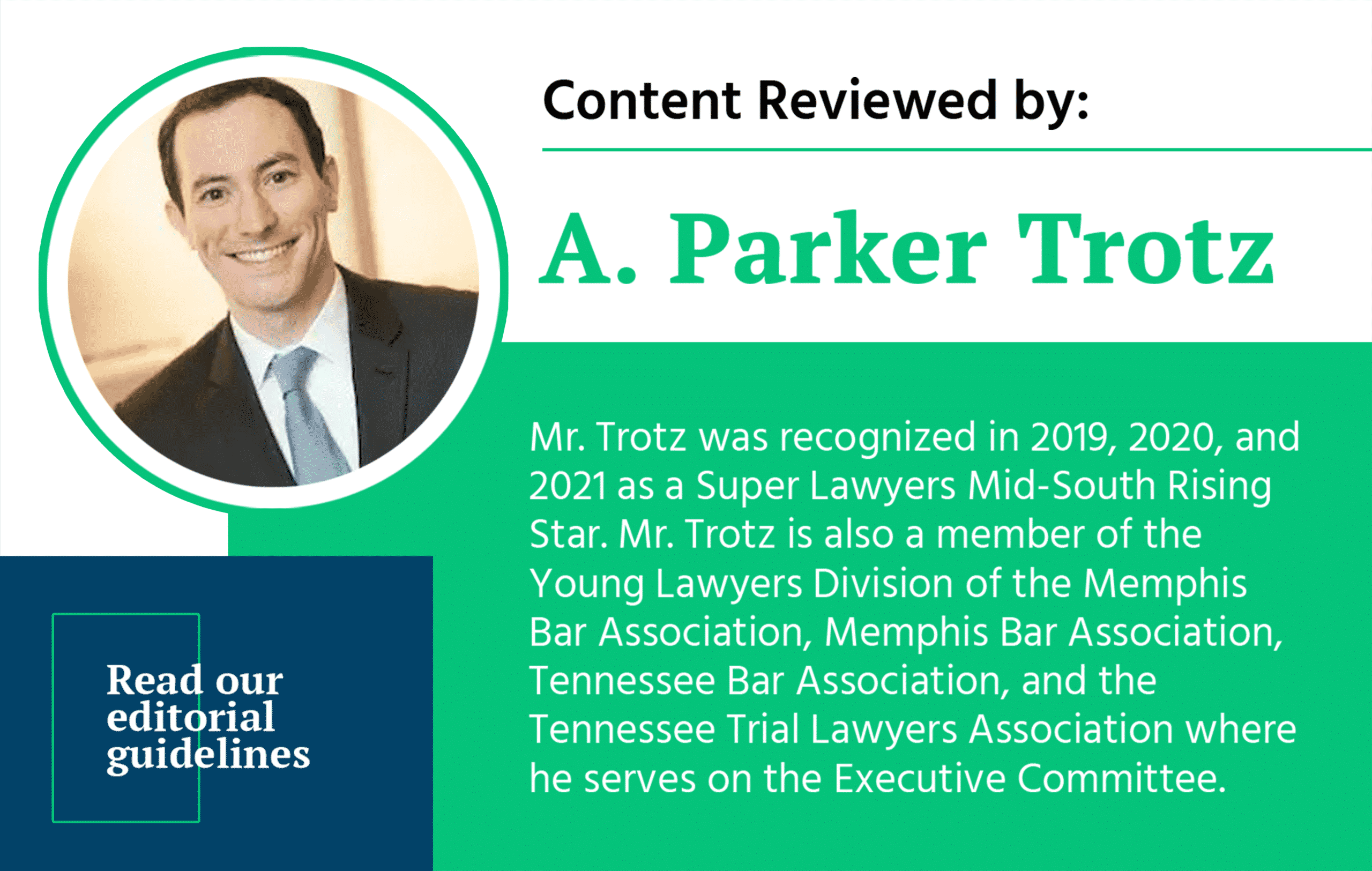Home » Memphis Personal Injury Lawyers » Memphis Boat Accident Lawyers
Memphis Boat Accident Lawyers
Boating Accident Lawyers Serving the South and Beyond
Getting out on the water equates to fun and recreation. Sometimes the fun gets out of hand, and if people forget about the potential dangers of operating boats and watercraft, a trip on a boat or jet ski can go the wrong way. A boat accident can cause a wide variety of personal injuries, ranging from whiplash, head injuries, or even broken bones. Due to the presence of water, drowning is also a significant risk of an accident involving a boat. At Nahon, Saharovich & Trotz, our Memphis boating accident attorneys are well-equipped to help victims of watercraft crashes throughout Tennessee and the Southeast.
Boating Crashes and Common Causes
When the weather is warm, getting out on the water is a favorite pastime of so many people in the South. Whether you are on a lake, river, or out on the ocean, it is important to know that all states have specific boating laws in place designed to protect members of the public. In Tennessee, the law states the owner of a vessel can be held responsible for any damages or injuries caused by the vessel, whether the owner was present or not. In addition, the United States Coast Guard has rules in place regarding boat licenses and safe operation.
Common causes of boat and watercraft accidents include:
- Operator Negligence
- Speed Too Fast For Conditions
- Reckless Operation
- Boating Under The Influence Of Alcohol Or Drugs
- Operating An Overcrowded Vessel
- Colliding Into Another Vessel Or Dock
- Equipment Failure
Similar to all drivers having a legal obligation to obey the “rules of the road,” watercraft operators must obey similar principles on a body of water. Deviating from the proper standard of care is known as negligence. For example, operators should go a safe speed, not too fast for the conditions. A vessel owner should ensure the boat is not taken out during inclement weather, as heavy rain or wind can make it difficult to safely operate the vessel and make it more susceptible to tipping over. Even during nice weather, an operator should be safe and try not to hit big waves or wake at extremely high speeds.
Just like cars, it is illegal to operate watercraft under the influence of drugs and alcohol. In Tennessee, one can be cited for Boating Under the Influence (BUI) with a blood alcohol concentration of 0.08% or greater, similar to a drunk driver. In a drunk boating accident case, the boating accident lawyers at our Memphis firm can monitor criminal charges against the at-fault boater in criminal court and consult with experts to review toxicology reports. If you or a loved one was injured by a drunk boater, punitive damages may be recoverable under the law as additional compensation.
Filing a Claim After a Boat Accident
Boat insurance can cover your damages if you suffered injuries in a watercraft accident. Common injuries that occur due to watercraft accidents are whiplash, broken bones, headaches and concussions, ligament damage, and other strains or sprains. In severe situations, wrongful death can result. In all personal injury cases, our experienced accident lawyers know how to investigate all potential insurance policies that can apply to your injuries.
To recover damages under the law, you will have to establish the negligence, recklessness, or fault of the watercraft operator or owner. Once liability has been proven, you could be entitled to recovery for:
- Medical bills
- Prescriptions or medical devices like crutches
- Lost wages
- Pain and suffering
- Loss of enjoyment of life
- Out of pocket expenses
In a wrongful death boat accident case, surviving loved ones can recover for the loss of companionship of the decedent, in addition to funeral and burial costs. To determine the types of damages that may be available to you under the law, it is recommended that you consult with an experienced Memphis boating accident lawyer who can explain your legal rights. All boat crash claims have a specific statute of limitation, meaning the legal timeframe in which a claim must be resolved or a lawsuit filed in the appropriate court. Determining the proper jurisdiction when an injury happens on the water can sometimes be tricky, so it is best to consult with a knowledgeable lawyer as quickly as possible to ensure all of your legal rights remain protected.
If you get hurt on watercraft while on the job, you may be able to assert a valid workers’ compensation or Jones Act claim. Each state has workers’ compensation laws designed to protect employees injured in the course and scope of their employment. If your injuries occurred on a vessel or fleet that operates in navigable waters (bodies of waters capable of being used in interstate commerce), the Jones Act may apply. The Jones Act is a federal law. Our personal injury lawyers handle Jones Act and workers’ compensation claims, and we would be able to properly advise you as to your best course of action in pursuing the proper claim(s).
Speak with a Boating Accident Attorney in Memphis Today
At Nahon, Saharovich & Trotz, our personal injury lawyers have experience handling accidents involving boats, jet skis, and various types of watercraft. We understand the different legal theories and sources of recovery that can apply to these types of accident in comparison to car and truck accidents. We offer free consultations by phone or online, and you can reach us by calling 800-529-4004 or completing our online form. Our lawyers help boat accident victims throughout states such as Tennessee, Mississippi, Arkansas, Missouri, and Kentucky, so let our team fight for you and show you why NST is the way to go.

